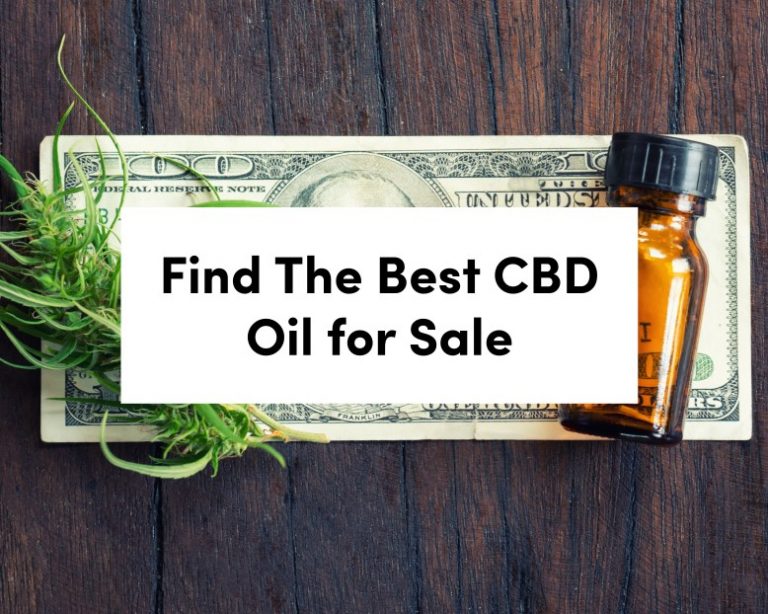CBD Oil Bioavailability: How to Get the Most Out of CBD Oil

Posted on April 24th, 2021
Times couldn’t be better in today’s CBD world. As an emerging supplement, lots of studies are underway, investigating its wide range of potential health advantages. Many researchers are still looking into how CBD can help with certain health complications. They are also learning how much CBD you should take for it to be beneficial. Apart from how much, there is also the most important question of simply how to take CBD. And is there a “best” method to consume CBD? You can rarely talk about the “best” method to consume CBD without touching on the subject of bioavailability. But you must be wondering what exactly is bioavailability? This article covers everything you need to know about bioavailability, more about CBD oil bioavailability, and how it actually affects your overall experience with CBD oil. Are there benefits for CBD oil being more bioavailable? Let’s understand the basics first…
What Does Bioavailability Mean?
The term “bioavailability” generally describes how much, and the specific rate, a particular substance absorbs into your bloodstream. The primary significance of understanding the bioavailability of a given substance is establishing how much you should use. Knowing how bioavailable something is lets you know how effective it will be at achieving the effects you want.
 CBD Oil Bioavailability
CBD Oil Bioavailability
This question forms the gist of the rest of this article. CBD oil bioavailability mainly depends on the means of administration you choose to administer it. In simpler terms, how you take the CBD. Generally speaking, there are numerous ways to consume CBD – from edibles and gummies to topical products and vapes. Each of these ways possesses a different bioavailability.
Nonetheless, if you are talking about CBD oil specifically, bioavailability through the oral route is relatively low; somewhere around 4- 20%. In effect, this actually means that if you swallow 10mg of CBD oil, then your body might only get access to around 0.4 – 2 mg. And now you must be wondering, what happens to the rest? Is it wasted? Keep reading.
Once you swallow your product, CBD usually passes through the digestive system. Afterward, it usually enters your hepatic portal where most of it breaks down from essential liver enzymes. Then, the remaining quantity enters the bloodstream – a phenomenon better called the “first-pass effect.”
The good news is that the oral method (swallowing) is not the only method to consume CBD oil. There are other delivery methods that you can use and avoid the first-pass effect. Although it might sound like a subtle difference, consuming CBD oil beneath your tongue enhances its bioavailability. This is because tiny capillaries under the tongue absorb the CBD directly into the bloodstream. That is the reason it is advised to use CBD tinctures and oils sublingually and hold for a minute before swallowing.
Factors Contributing to CBD Oil Bioavailability
In general, CBD absorption relies on many internal and external factors. The best part is that you can manage certain factors and optimize the impacts of CBD. In case you can’t manage the external factors, then you have an option to opt for a different delivery method.
Let’s take a look at several commonly known factors that influence CBD oil bioavailability.
Health conditions
Your actual state of health can affect CBD bioavailability. For instance, the liver primarily deals with delivering CBD all over the body. That means that your liver ultimately influences CBD bioavailability.
The surprising thing is that patients with damaged livers seem to possess a relatively higher CBD concentration in their bloodstream than users with a healthy liver. Generally, the defective liver enables a sufficient CBD amount to travel across your system and remain in circulation for an extended period.
Apart from a liver impairment, other health complications might also affect the CBD absorption rate in the body. Of course you should try to optimize your physical health in general. However, it’s much easier to optimize CBD bioavailability by selecting the ideal delivery method.
If you are suffering from any health disorder, always consult a doctor before consuming any new substance such as CBD oil.
Dosage
CBD dosage and absorption are closely connected. That means that if you consume a higher dosage, then a relatively larger CBD amount will enter the bloodstream. According to studies, CBD dosage might even double or triple cannabinoids’ bioavailability.
Don’t forget that it is prudent to begin consuming CBD oil in very small doses and slowly increase your dosage over time as you establish the right dosage. Furthermore, it is essential to take into consideration that certain efficacy limits exist when it comes to CBD oil dosage.
For example, if you take 400mg and beyond, it won’t affect the absorption rate because your tissues cannot absorb that much.
Fasted vs. Fed
Many medicinal drugs are supposed to be consumed after eating food. The main reason for this is that our bodies tend to absorb compounds much quicker when we consume them with food. Based on recent research, the CBD oil bioavailability is about five times higher when you consume it in a fed state.
Additionally, the absorption rate is significantly higher if you take CBD oil with omega-3 fish, nuts, or avocado. The state you choose to take your CBD product is an important factor, and has a direct effect on bioavailability.
Body Type
It’s important to understand the different CBD products, but it’s also important to be in sync with your body and know how it reacts to supplements. This is also true when it comes to the bioavailability of CBD oil.
Things such as prior medical history, weight, height, and personal experience with a wide variety of CBD products are all important pieces to the puzzle. Although it is impossible to tell precisely how much each of these factors impacts the bioavailability of a product, each of them undoubtedly plays a role.
Piperine
Black pepper contains piperine. This is a unique compound that boosts how much your body absorbs nutrients. The compound might trigger the transporter molecules that allow CBD and other drugs to pass the intestinal membrane and into your bloodstream as well.
Apart from helping with absorption, piperine supplements could also prevent the digestive enzymes from slowing down CBD’s circulation. This allows CBD to have adequate time to reach your bloodstream. One study found that a CBD supplement containing piperine enhanced the concentration of CBD in the bloodstream by almost six times.
 Significance of CBD Oil Bioavailability
Significance of CBD Oil Bioavailability
When taking cannabis products, whether for medicinal or recreational purposes, you want the most out of the product. This depends heavily on how bioavailable it is.
One of the major challenges of making CBD products is that it inherently has low bioavailability. Its oil base is mostly to blame for this. As you already know, oil and water (our bodies) do not mix well. Ultimately, this leads to bioavailability that is much lower than it could be. The worst part is that such products are most likely to waste approximately 80% of the cannabinoid you could be absorbing.
That means that if you want to absorb 10mg of CBD, you would need to consume around 80mg. And although this is not necessarily unsafe or harmful, it’s a huge waste of your money and product. Fortunately, there are researchers, manufacturers, and growers alike working together to establish ways to obtain the highest bioavailability possible.
Last Word
You can enhance the bioavailability of CBD oil in several ways. Although intravenous CBD would theoretically have the highest bioavailability, it’s not really possible at the moment. You can find other convenient and effective methods of absorption such as vaping and sublingual oil.
Apart from that, everybody possesses a unique metabolism. There are many common guidelines for proper CBD dosage, but everyone reacts differently to each product. Always consult a doctor before you try CBD for the first time.



